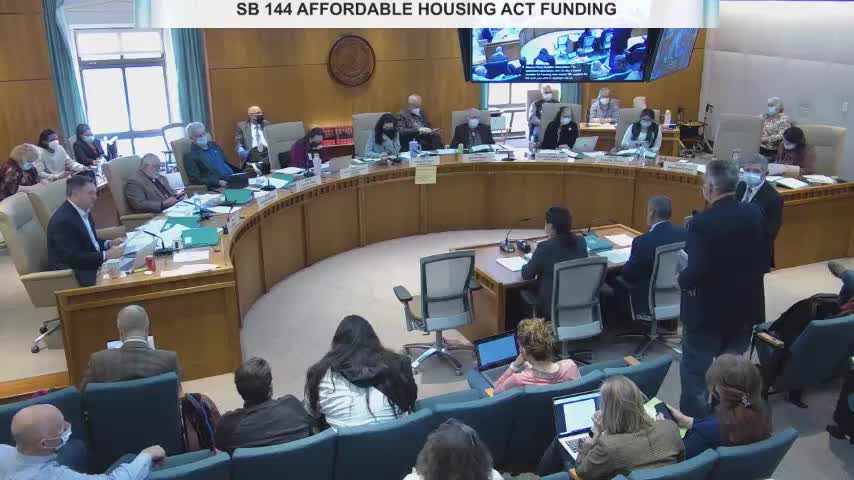Article not found
This article is no longer available. But don't worry—we've gathered other articles that discuss the same topic.
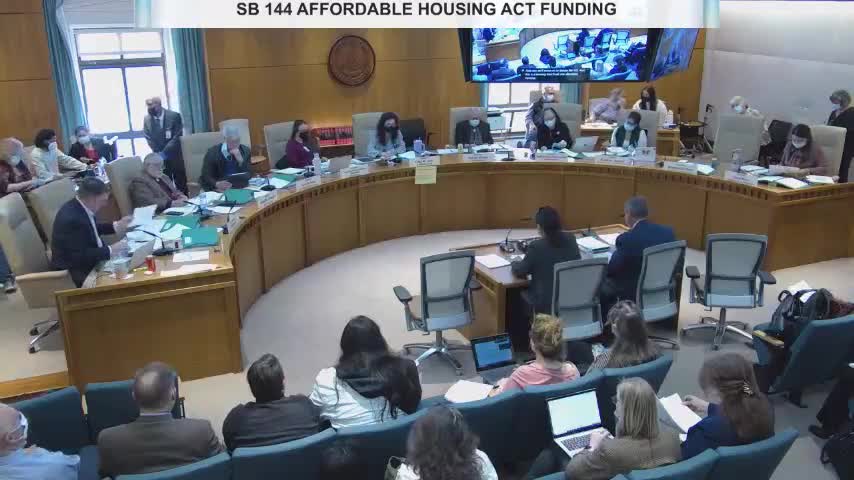
Committee advances amended $500 million housing trust fund plan after debate over local set‑aside and matching rules
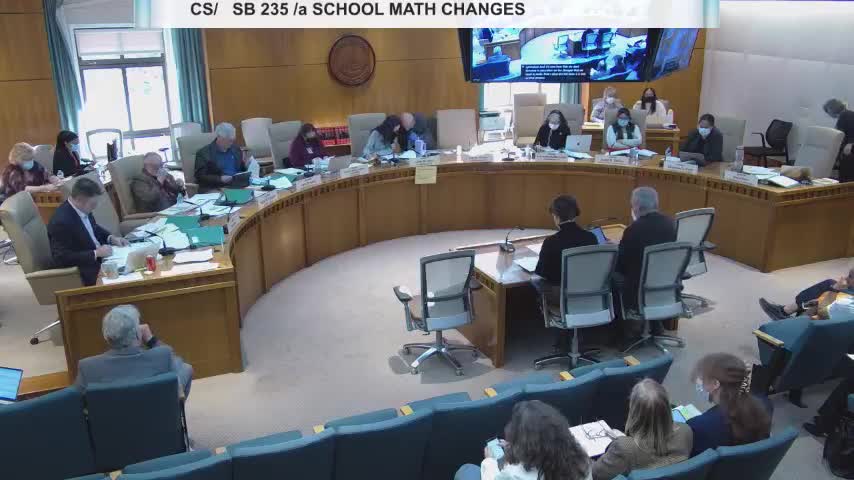
Committee forwards bill to screen and boost early math intervention, with questions on data and implementation
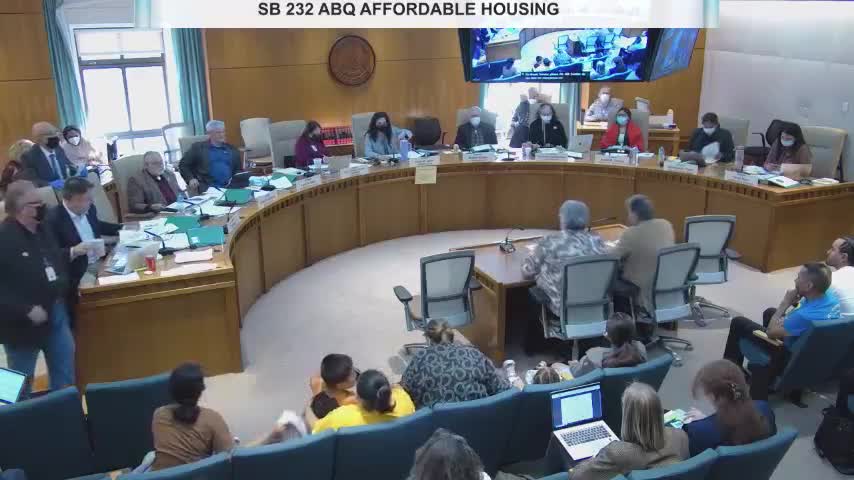
Committee approves planning funds for Sawmill community land trust development
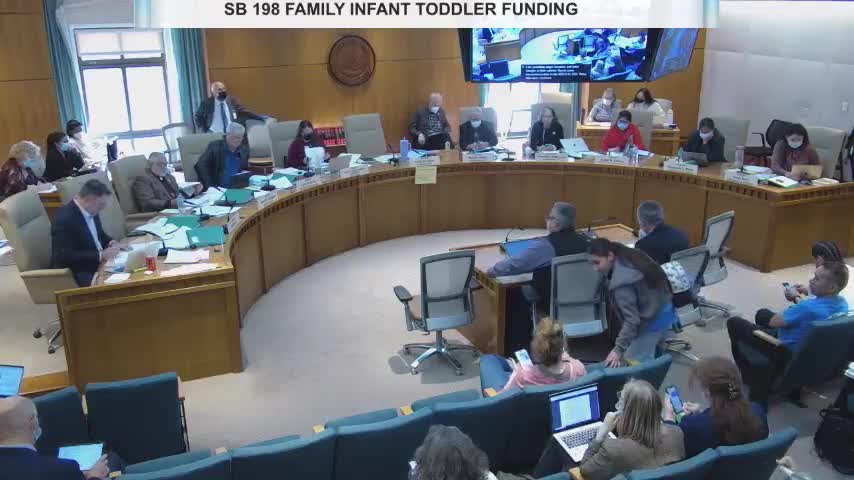
Committee approves retroactive restoration of Family Infant Toddler rate increase to reimburse providers
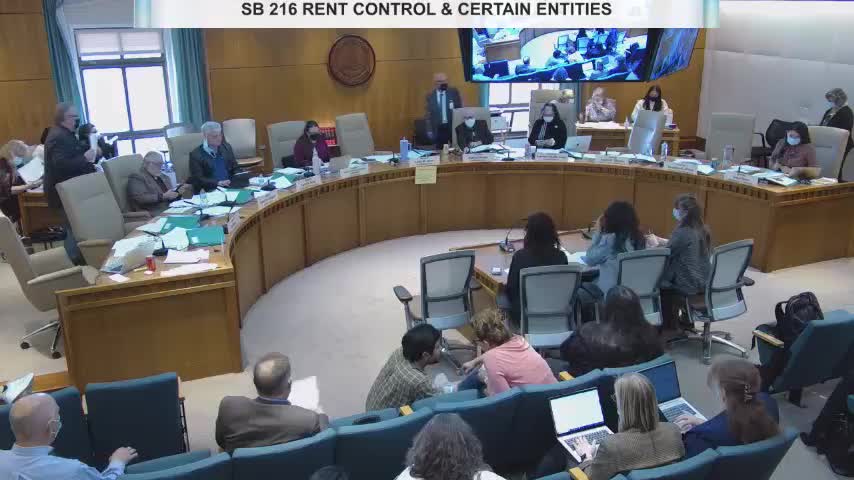
Senate committee backs local option to consider rent control, 6–3; advocates and real‑estate groups clash
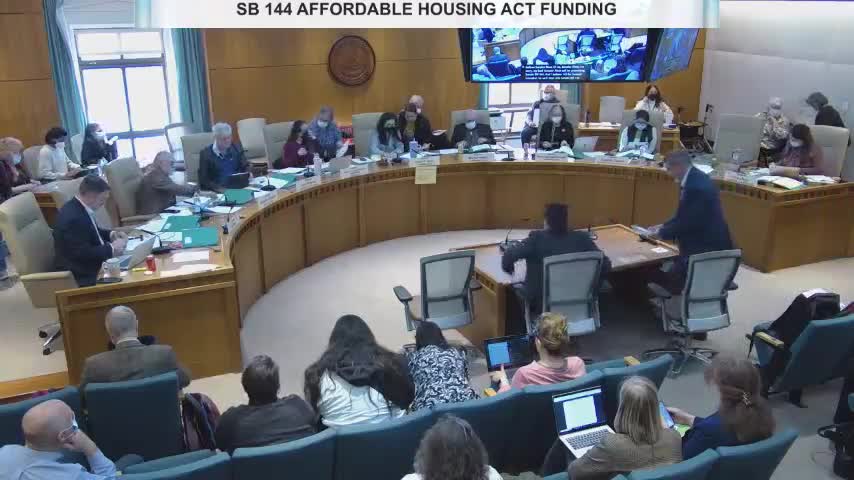
Committee unanimously advances $500,000 appropriation to implement Affordable Housing Act plans
